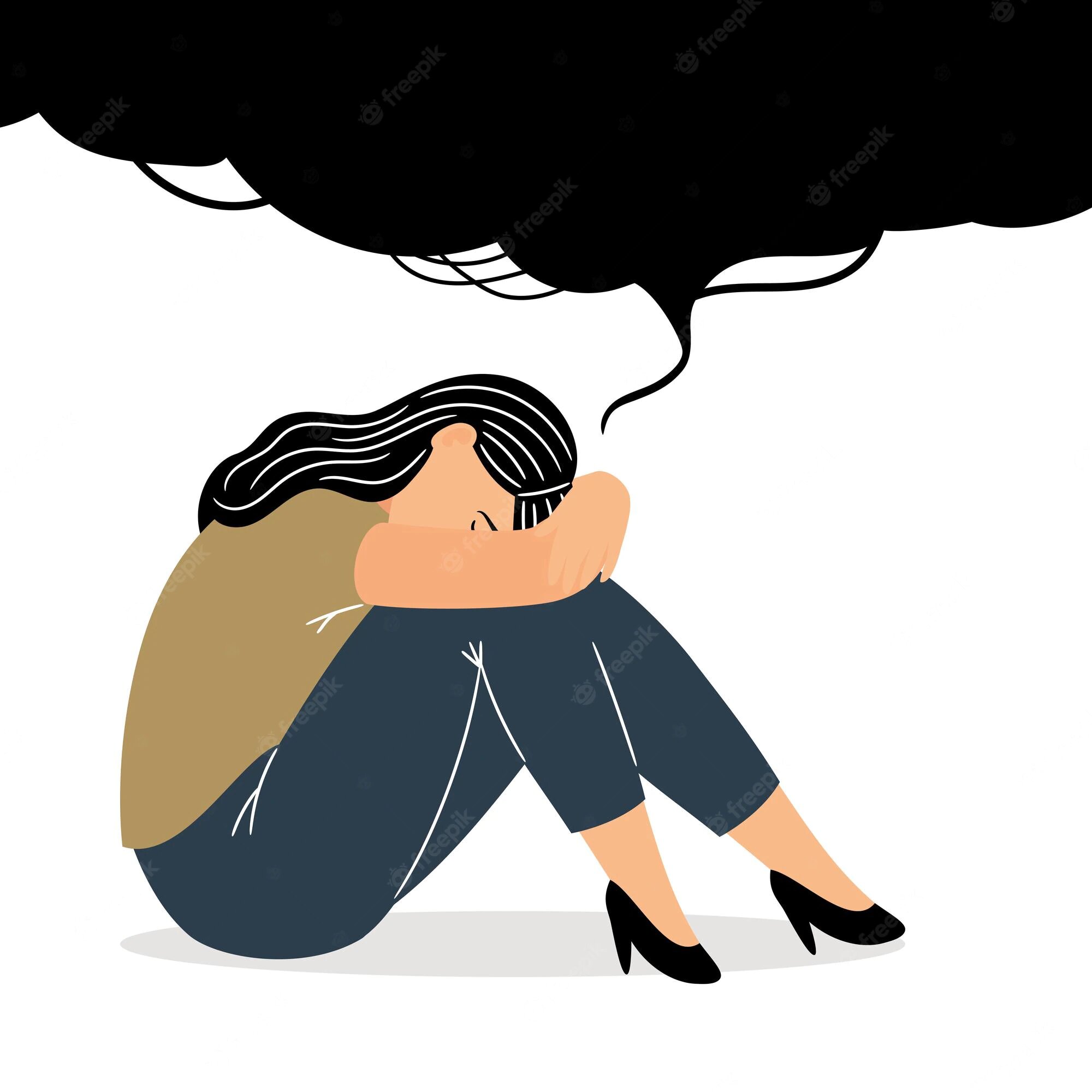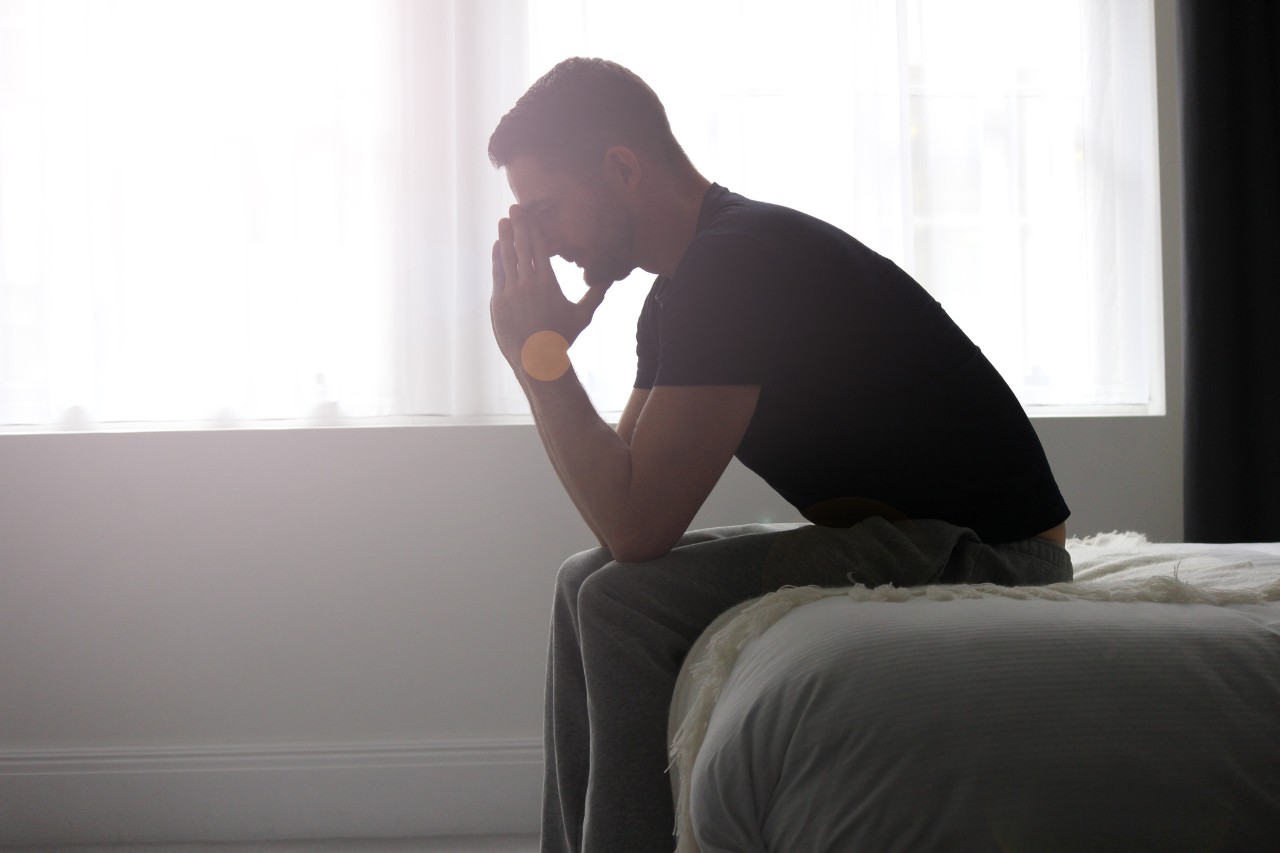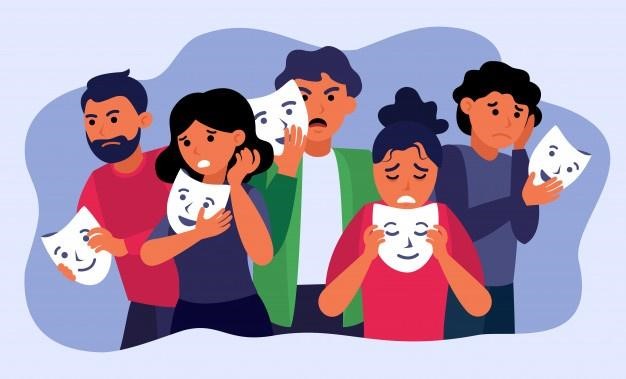A Quick Guide
Melancholic depression is actually a subtype of Major Depressive Disorder MDD. It used to be an official diagnosis in itself, but after some time, DSM 5 has categorized it as a specifier for MDD. Melancholic depression tends to be more severe as well. It is characterized by extreme and consistent feelings of sadness and hopelessness. However, the most dominant feeling people with this issue face is melancholia. It can affect all areas of an individual’s life. They may also feel that their life is not worth living anymore.
Most symptoms of melancholic depression vary from person to person. It may also depend on the severity of your case. According to research, approximately 25-30% of people experience melancholic depression.
Symptoms
These are some of the symptoms that accompany melancholic depression. These include the following:
Major symptoms
- Loss of interest in activities that were pleasurable once
- Consistent feelings of intense sadness for a prolonged time
Other symptoms may include:
- Difficulty in recalling things, concentrating, or making decisions
- Eating too much or too little leads to weight gain or weight loss
- Feelings of anxiousness or irritability
- Feelings of hopelessness or worthlessness
- Excessive guilt
- Lack of reactivity to positive events around them
- Sleeping too much or too little
- Thinking about death or suicide
If you are having thoughts of suicide, contact the National Suicide Prevention Lifeline at 1-800-273-8255 for assistance from a trained counselor.
Psychomotor symptoms
- Experiencing modifications in body movement (for instance, slowed movement of your head, torso or limbs, etc)
- Having a slouched posture
- Unable to make eye contact while talking with people or having a fixed gaze.
- Changes in speech, it may be delayed, etc.
- Having a lack of energy or feeling fatigued
- Body aches
So, it has been observed that these symptoms may get worse in the morning.
Watch: [Melancholic Depression]
Diagnosis
If you are experiencing any one of the above-given symptoms, you should consult a mental health professional. They may diagnose you on the following criteria:
If you have one or both of the major symptoms:
- Loss of interest in activities that were pleasurable once
- Consistent feelings of intense sadness for a prolonged time
If you have at least 3 of these symptoms:
- Prolonged feeling of sadness though not due to a loss
- Psychomotor changes
- A feeling of excessive guilt
- Loss of appetite
- Sleep disruptions
- Having a worse mood in the morning
Risk Factors
People who frequently suffer from MDD are more prone to this type of depression.
Family history: It also plays a huge role. If anyone in your family has a history of some mental illness like any mood disorder, that makes you so much more prone to melancholic depression.
Seasonal Affective Disorder: Your symptoms may get worse during different seasons for instance, during the winter when there is less sunlight, and the days are shorter.
Postpartum Depression: People that have just gone through childbirth and are experiencing postpartum depression are also prone to experiencing these symptoms.
Treatment
The treatment may include both mediation and psychotherapy collectively for more effectiveness depending on the severity of the case. In some cases, Electroconvulsive therapy (ECT) may also be used.
Psychotherapy
It has been observed that psychotherapy helps more in short-term periods. Your symptoms may come back after a while. Hence, doctors prescribe medications alongside therapy.
Medication
Your doctor may prescribe you anti-depressants like Selective Serotonin Reuptake Inhibitors SSRIs such as Prozac (fluoxetine), Zoloft (sertraline), and Paxil (paroxetine). However, Tricyclic Antidepressants TCAs such as Amitriptyline (Elavil) and Amoxapine (Ascendin) are most commonly used. Other types of antidepressants may also be used.
Electroconvulsive therapy (ECT)
If no other treatments are working, your doctor may prescribe ECT to relieve your symptoms.
We hope you found this article useful in understanding more about melancholic depression, its symptoms, diagnosis, risk factors, and treatment options.



 Gestalt Therapy: All you need to know about it
Gestalt Therapy: All you need to know about it  Trauma and Stressor-Related Disorders: Causes, Symptoms, & Coping Strategies
Trauma and Stressor-Related Disorders: Causes, Symptoms, & Coping Strategies  Teletherapy: The Benefits, Types, Challenges, and Uses
Teletherapy: The Benefits, Types, Challenges, and Uses  Signs of Depression in Men: Recognizing the Symptoms
Signs of Depression in Men: Recognizing the Symptoms  Dissociative Fugue: Symptoms, Causes, Treatment & More
Dissociative Fugue: Symptoms, Causes, Treatment & More  Interpersonal therapy IPT: A brief overview
Interpersonal therapy IPT: A brief overview